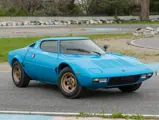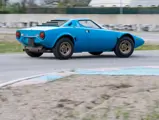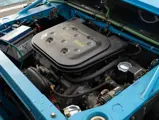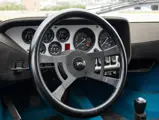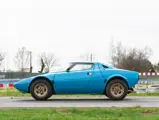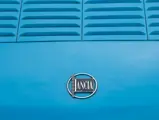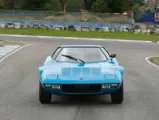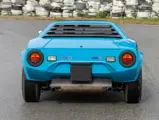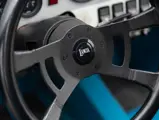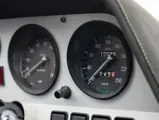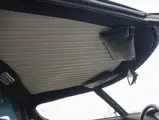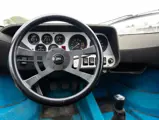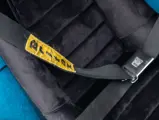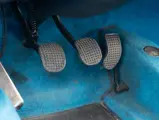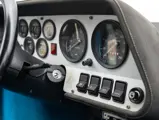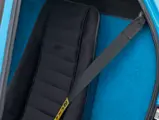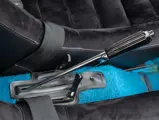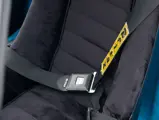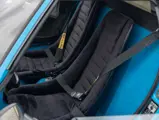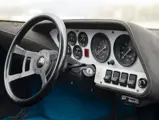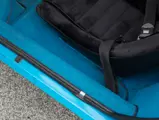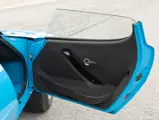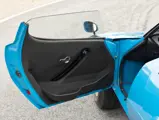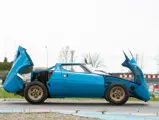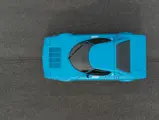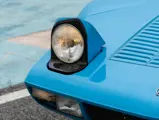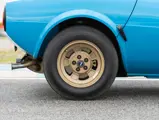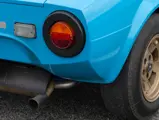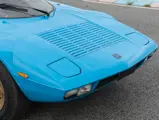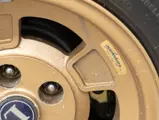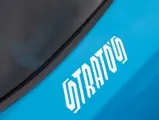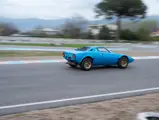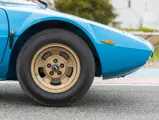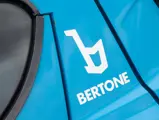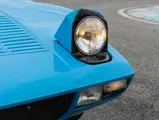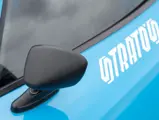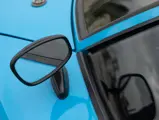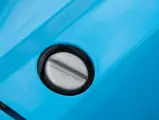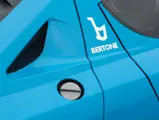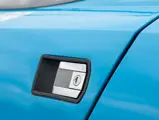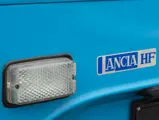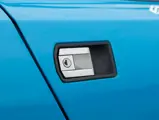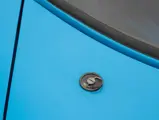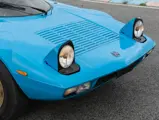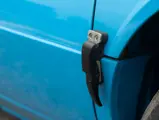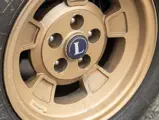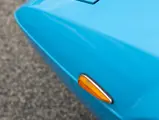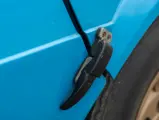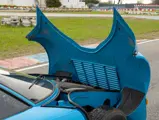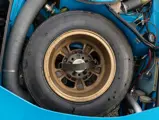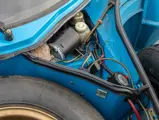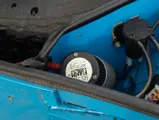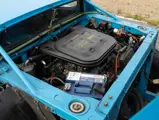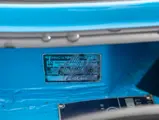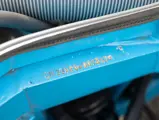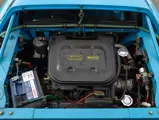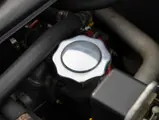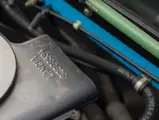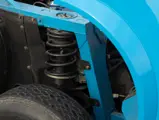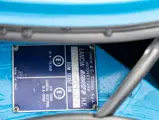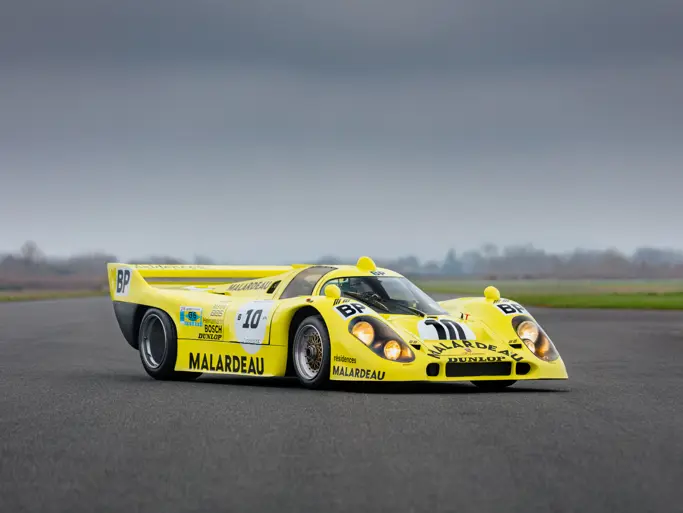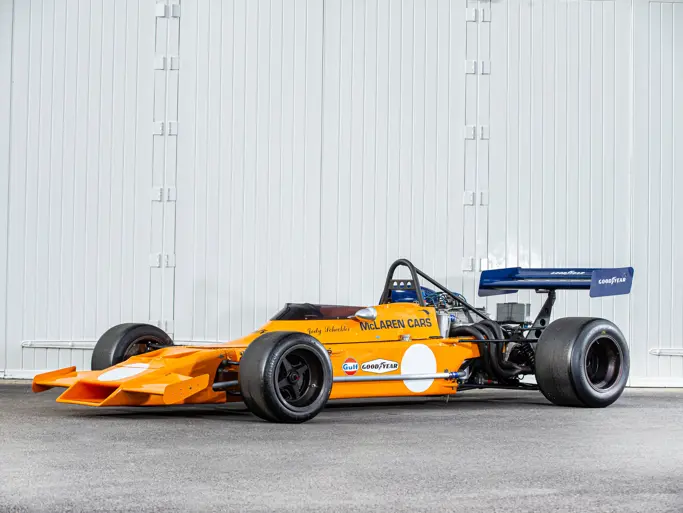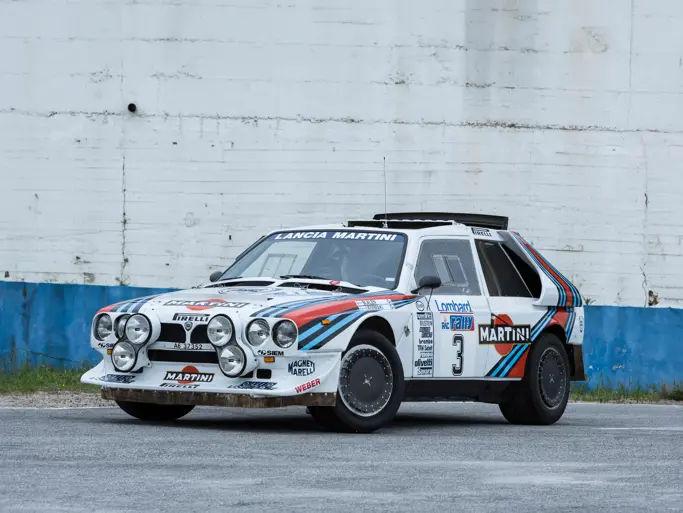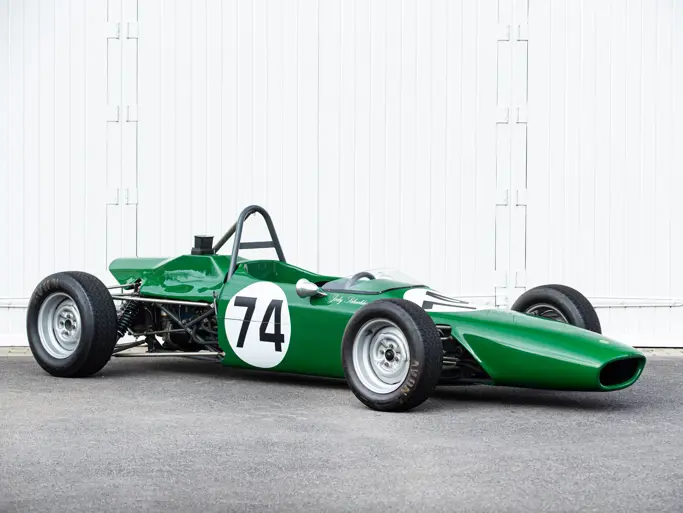Monaco
1975 Lancia Stratos HF Stradale by Bertone
Offered from The Sportiva Collection
{{lr.item.text}}
€550,000 - €650,000 EUR | Offered Without Reserve
 | Monaco, Monaco
| Monaco, Monaco
{{internetCurrentBid}}
{{internetTimeLeft}}

- Offered from The Sportiva Collection
- Four owners from new with fewer than 12,000 kilometres on its odometer
- Presents in unrestored condition; retains its matching-numbers engine
- Delivered new in attractive configuration, notably without roof spoiler and wind deflector
- Accompanied by certification folder issued by Lancia Classiche in 2020
By the 1970s, the relationship between road and competition cars was drawing closer than ever before. Those bold enough to sell barely civilised racers with licence plates reaped the rewards on Sundays; none were so bold as Lancia as the marque seeked podium finishes above all else, realising the potential of a low-volume sportscar homologated for racing and rallying.
Alas, Lancia’s finances were in a parlous state at the time. Safely under Fiat’s wing, further competition forays seemed unlikely, but managing director, Ugo Gobatto, drove home the significance a strong racing team played in retaining staff, customers, and marque identity. Works team manager, Cesare Florio, felt similarly: the multiple Italian and European Championship wins earned by the Fulvia HF (High Fidelity) revitalised the marque a decade after its withdrawal from racing in 1955.
As the new decade dawned, the Fulvia was beginning to show its age; after all, it was a road machine-turned-rally car. An all-encompassing replacement would continue Lancia’s racing legacy, but Gobatto and Florio had no car with which to enter. That was until they saw the late Marcello Gandini’s wedge-shaped, mid-engined Stratos Zero concept car in 1970, a clean sheet design produced while at Bertone. Both discerned that a competition car homologated under less restrictive Group 4 rules would also count as a production car, if 500 examples were produced.
Work continued with another concept car, the Stratos HF, shown at the 1971 Turin Motor Show. Wider and taller than the Zero, the HF retained the 1970 car’s 2,180 millimetre wheelbase; 135 millimetres shorter than the Alpine A110. Great manoeuvrability was promised, coupled with long-travel MacPherson strut suspension.
Unencumbered, Gandini settled on a mid-engined central steel monocoque, with a box section rear subframe and glass fibre panels. By 1972, with Ferrari’s acquiescence, the 12-valve, 2.4-litre Dino V-6 was selected, fitted transversely. Road car production began on 1 July 1972, with the aim of homologating the Stratos for 1974. Although Weernink notes that Bertone had only managed to assemble 147 completed Stratos cars before Group 4 homologation was granted on 1 October 1974, it had made enough monocoques and body parts within a 24-month period to satisfy the rules; these would be completed into 1975, when, depending on sources, between 491 and 498 cars were built.
The example offered here was the 323rd car built, sold new to Guido Bignardi of Palermo and first registered as “PA 421048” on 21 February 1975. Bignardi kept the car for 30 years before selling it to Carlo Pungetti of Bologna on 20 March 2005. 10 years later, Pugnetti sold the car to its third owner, who then consigned it to auction in 2019. At this point the Lancia was acquired by The Sportiva Collection.
Having remained in supreme, unrestored condition since purchase, the current vendor had the car examined by Lancia Classiche in 2020, which confirmed its original chassis and engine numbers. The certification folder accompanies the car.
Its Azzurro Chiaro paint has stayed in good condition, with matching “397” body tags on its glass fibre panels and door hinges. This corresponds to Lancia factory records to the body no. 397, which left Bertone’s Grugliasco works on 21 October 1974, and was completed on 9 January 1975 for the Italian market. Inside, its black Alcantara seats have been kept well preserved, extending to the “Sereno” carpets, seat shells, and dashboard.
With its original owner’s manual, Italian libretto, and Lancia Classiche paperwork included, chassis number 001832 is a stellar example of the Stratos HF.

